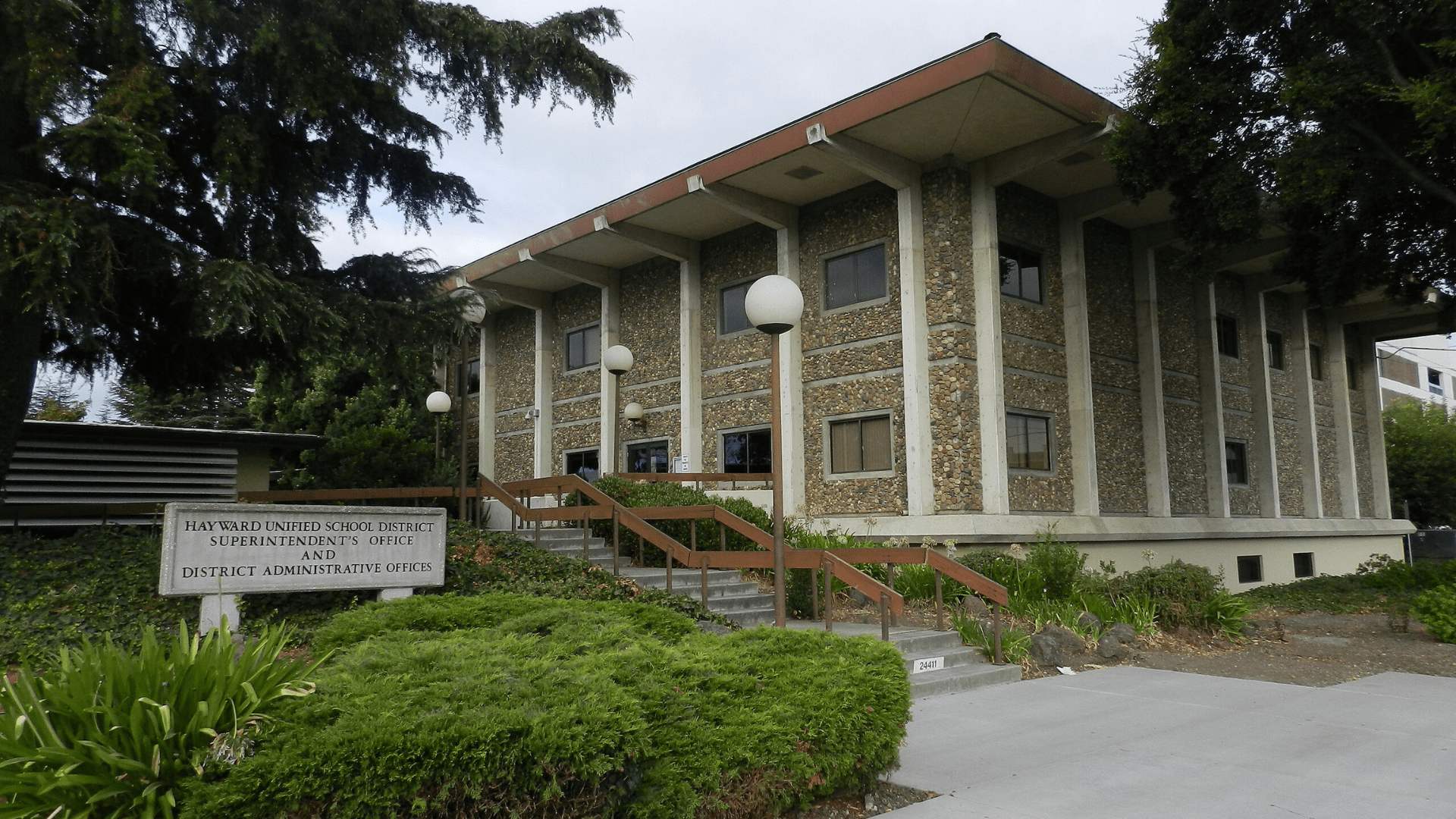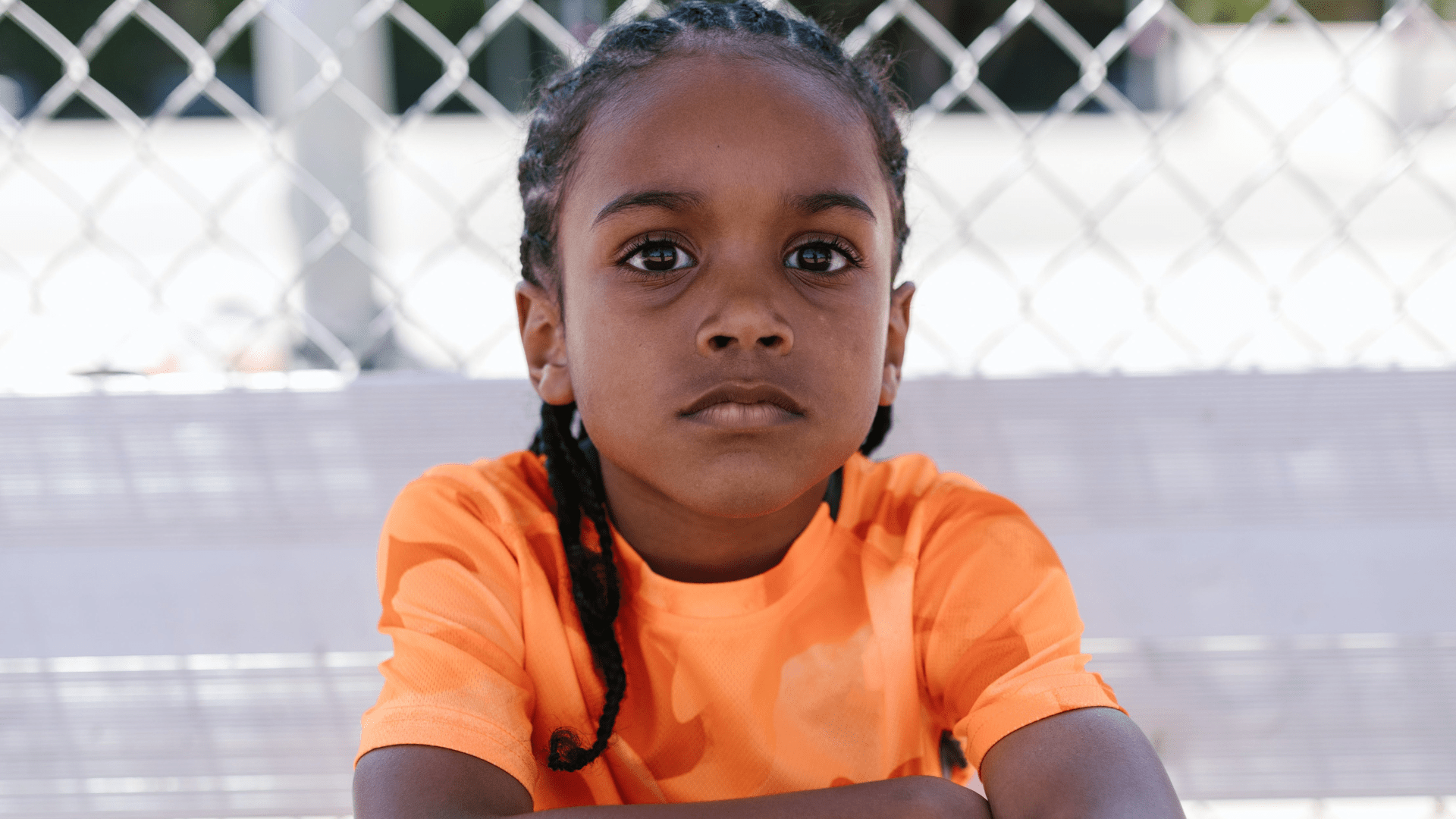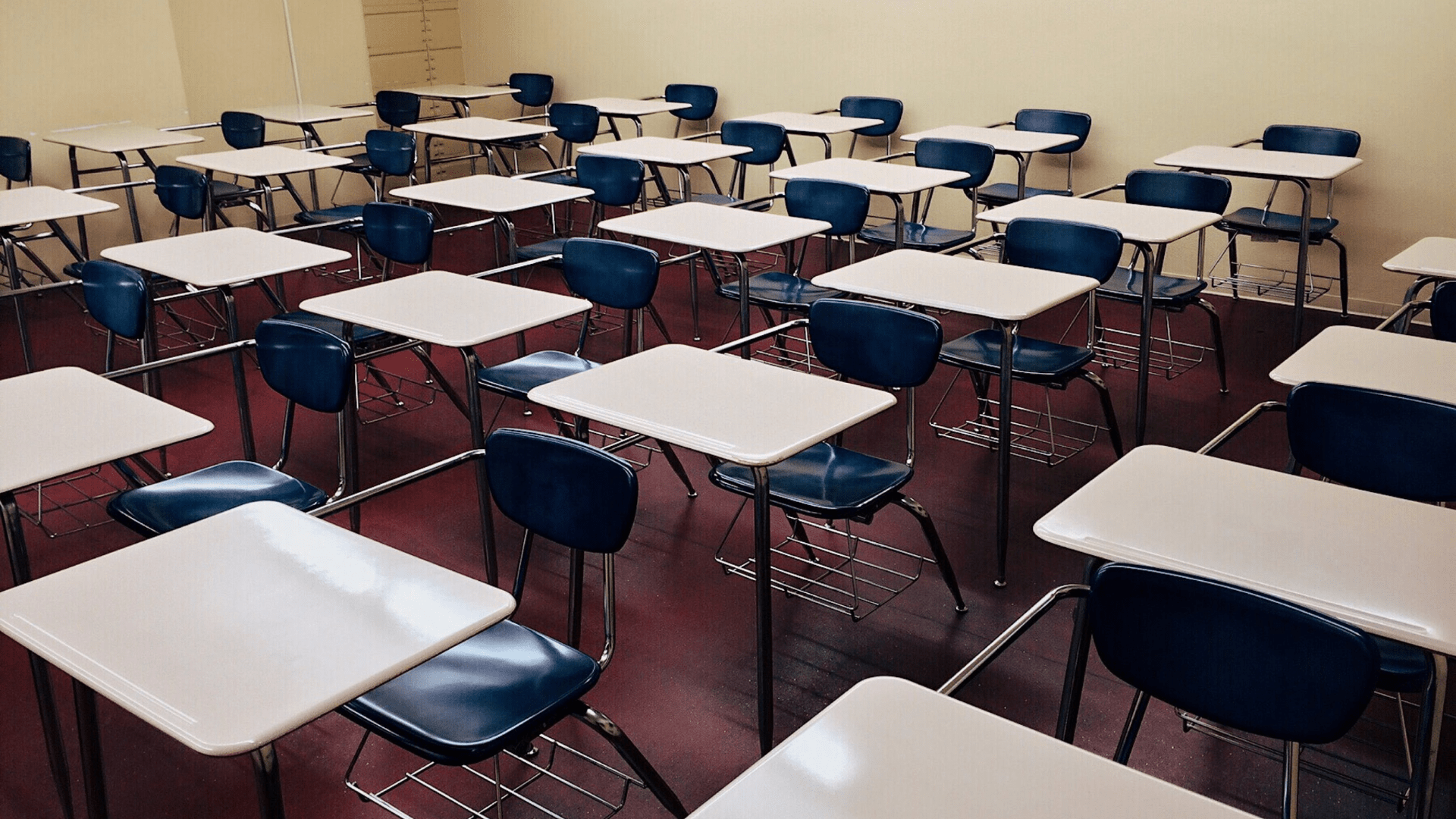The politicization of education stands out as a prominent failure in contemporary times, where children are unfortunately caught in the crossfire of a political and ideological war.
Recent scandals, such as one in the Hayward Unified School District, exemplify the misguided priorities, diverting funds meant for improving student achievement to programs with questionable outcomes.
Hayward’s “Woke Kindergarten” Scandal

The Hayward Unified School District’s allocation of a quarter-million taxpayer dollars to the “Woke Kindergarten” program, under the guise of disrupting whiteness, showcases the misguided priorities within the educational system.
Despite federal funds earmarked for enhancing student achievement, the program resulted in a 4 percent drop in proficiency in both math and English.
Neglecting Proven Methods for Student Success

Amidst the politicization of education, proven methods for student success, such as academic rigor and increased instruction time, are overlooked.
Instead of addressing the needs of underserved communities, there is a concerning trend of lowering standards and eliminating challenging programs, negatively impacting students on the margins.
The Lucrative Educational Activist Industry

The educational activist industry, driven by financial gains, often sidelines traditional teaching methods.
Rather than focusing on providing resources to underserved communities, standards are lowered, and valuable programs like gifted, honors, and AP courses are eliminated. This trend disproportionately affects students on the margins.
Pushback Against Achievement Benchmarks

The call to eliminate achievement benchmarks often comes from elite scholar-activists, who ironically benefit from the degradation of learning.
Instances like the Woke Kindergarten scandal highlight the negative consequences of such decisions, with activists pushing left-wing politics and activism into the educational framework.
The Influence of Woke Kindergarten

The Woke Kindergarten program, with its roots in abolitionist education, aims to integrate politics into teaching.
This approach has raised concerns among teachers and parents, questioning its left-wing political agenda and impact on students’ learning. The program’s association with anti-police, anti-capitalism, and anti-Israel messages further complicates its role in education.
Impact on Glassbrook Elementary School

Glassbrook Elementary School’s association with Woke Kindergarten resulted in a decline in test scores, notably in math and English.
English and math proficiency dropped to new lows, with less than 4% of students proficient in math and slightly under 12% scoring at grade level in English. The program’s impact on student performance raises questions about its effectiveness.
Defense of Woke Kindergarten by District Officials

Despite the negative outcomes, district officials defended the Woke Kindergarten program, citing increased attendance and decreased suspension rates.
However, these claims are contested, and the school’s status on the state watch list reveals a different narrative. The decision to adopt Woke Kindergarten was supposedly made with input from the school board, parents, and teachers.
Dismissal of Dissenting Voices

The dismissal of dissenting voices within the educational system is a growing concern.
Teachers who question the objectives of programs like Woke Kindergarten find themselves temporarily banned from training sessions. This lack of tolerance for differing perspectives stifles healthy discourse within the educational community.
Decline in Student Learning and DEI Programs

The focus on Diversity, Equity, and Inclusion (DEI) programs, aimed at making schools anti-racist, has contributed to a decline in student learning.
Despite significant financial investments, DEI programs show little tangible improvement. The bureaucratic nature of these programs, combined with their limited impact, raises questions about their effectiveness.
Educational Policies and the Decline in Student Learning

Elitist educational policies, often centered around activism rather than scholarship, have led to a decline in student learning.
The pursuit of ideological transformation through DEI programs and restorative justice policies neglects the fundamental goal of providing quality education to students.
Challenges for Black Students and the Urgency for Change

The education system’s failure to address the unique challenges faced by Black students is a significant concern.
Historical tracks that focused on building access to classical education or developing skilled labor for independence are no longer prevalent. The current approach, dominated by activist-centered policies, maintains a permanent victim-class, particularly harming Black children.
